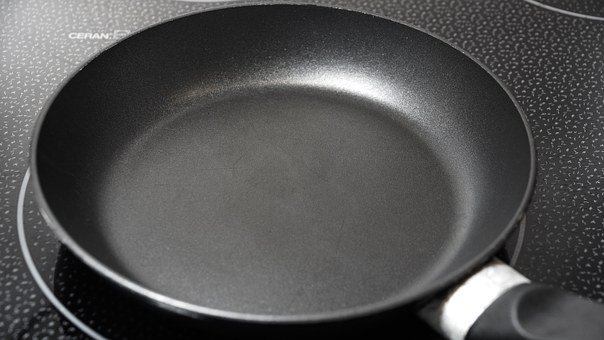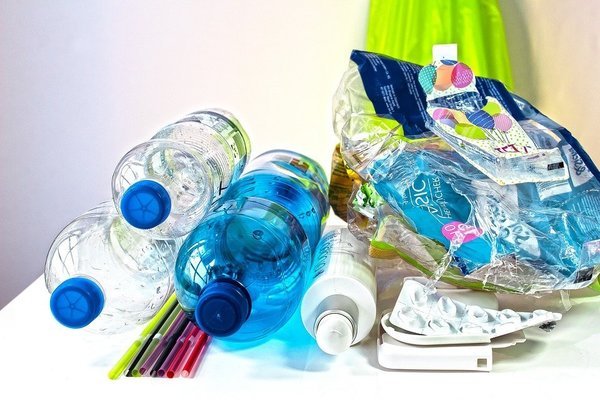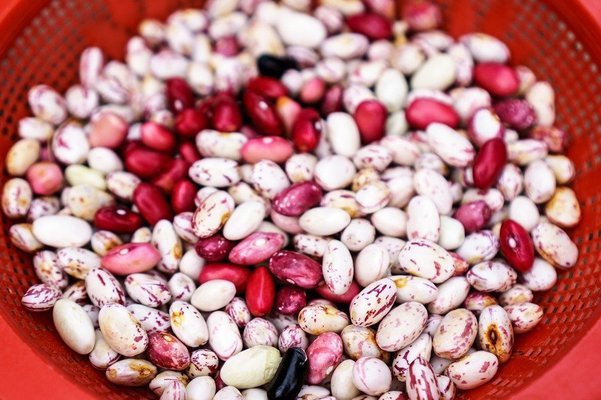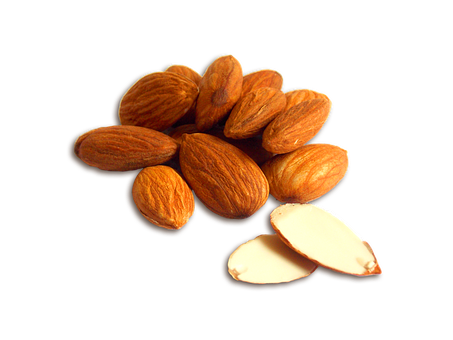Avoid These Toxins In Your Kitchen Know Where They Hide
Table of Contents
Are Plastic and Teflon toxins in your kitchen and harmful to health?
Not only the healthy ingredients of the recipes are essential. Are you aware of toxins in your kitchen and that cooking utensils are also crucial? Are Teflon pans and Plastic containers in your kitchen harmful?
See how you can prevent potential health problems that may arise from the use of these materials in the kitchen.
Where do the toxins in your kitchen hide?
Most of us are not aware of it, but in the kitchen, many toxins, such as Teflon or Plastic, are hiding, which we use daily. If we do not use them properly, they can get into our organism.

Teflon a toxin in your kitchen
Several scientific studies found high levels of Teflon in the blood of nearly all individuals due to the gradual loss of Teflon coating in pans or other coated kitchen utensils.
Teflon, for example, contains a toxic substance called perfluorooctanoic acid (PFOA), which may be carcinogenic.
Teflon pans are convenient and, therefore, popular. We can find them in almost every kitchen. This material was launched in 1938 by the company DuPont and has versatile applications.
It is used in space travel, for example, for cable sheathing, prostheses, paints, contact lenses, spacesuits, motors, and many other things.
However, Teflon contains Perfluorooctanoic acid (PFOA), which is very stable and resistant but also dangerous. Already in 1962, DuPont was aware that this material is not biodegradable in the environment.
Also, it can cause cancer, infertility, liver disorders, hypothyroidism, miscarriages, and other medical conditions.
PFOA was discovered in rivers, lakes, seas, drinking water, plants, and even in the blood of 95% of the world’s population!
The surface of Teflon pans is sensitive and unstable; therefore, it often goes over the diet in the organism. It is so toxic at 160 ° C that it is lethal to small animals such as birds, for example.
We can find PFOA even in potato chips, hamburgers, or popcorn! When you buy these products, you should also remember that not only fast food but also the PFOA present in the packaging, and therefore even in the food, increases the cholesterol and triglyceride levels.
Alternatives for Teflon
The healthier materials in the kitchen are the following:
Glass, Ceramics, Stainless steel, Cast iron, Clay, Wood, Bamboo, Enamel-coated cast iron, and Copper.
Also, aluminum is not as healthy as this metal has been linked with neurogenic diseases such as Alzheimer’s and Parkinson’s.
Therefore you should be careful!
How to choose the best material?
Some of the materials mentioned are finding more and more use in the kitchen. The market offers a wide range of utensils that contain no toxic substances.
It is best to try for yourself which pots and pans fit best; some may stick to the food, others may require high temperatures, etc. Every material has its secrets.
So you can also try new forms of cooking from other cultures, such as steaming in a bamboo basket, Arabic Tajine in clay tableware, etc.
Of course, the prices also play a role. Environmentally friendly quality pans made of titanium are, unfortunately, very expensive. Ceramic pans, however, are already offered relatively inexpensively.
Toxins in your kitchen – Plastic

Now, everyone knows how harmful plastic is to health and the environment. Although many try to reduce this material in everyday life, we still use it in a variety of areas.
The production of plastic is heavily polluting. Also, this material is not biodegradable and pollutes our environment, especially the oceans.
We all know the terrible images of sea creatures swimming in plastic. And we also know the consequences!
Also, plastic negatively affects the endocrine system and has other negative consequences for our health. Many foods in plastic packages are in direct contact with hazardous substances.
For a variety of reasons, it is, therefore, crucial to reduce plastic in all areas of life!
Bisphenol A, or BPA, is a substance found in many plastic containers.
Many scientific studies have confirmed that BPA negatively affects hormone balance and also promotes diseases such as diabetes, obesity, infertility, breast cancer, and prostate cancer.
It can also promote cardiovascular discomfort, changes in the development of the nervous system as well as the brain, and even behavioral disorders.
France did ban bisphenol A. The European Union, the US, and Canada at least did ban baby drink bottles containing this substance.
But bisphenol A is not the only harmful substance in plastic: other toxins are phthalates and expanded polystyrene.

How can you avoid the harmful effects of these materials?
How can you avoid bisphenol A?
Each plastic container provides a recycling code. Usually, this is located, for example, on the bottom of the bottle. You should always pay attention to this code because not every plastic contains Bisphenol-A, and not every plastic is just as damaging.
Plastic containers marked 3, 7, and 10 contain most BPA. According to the Pediatric Environmental Health Specialty Unit (USA), the following types of plastic are the least harmful: 1 (Pete), 2 (Hdpe), 4 (Ldpe), 5 (pp)
So, if there is no alternative to plastic, at least the proper labeling of the bottle should be considered. It is also important not to reuse plastic bottles because, with more prolonged use, these bottles release more toxins.
Under no circumstances should the plastic containers be exposed to higher temperatures or, for example, used in the microwave to prevent the release of toxins.
Read also > DON’T USE A MICROWAVE WITHOUT READING THIS!
Whenever possible, it is advisable to dispense with plastic and cans, which also receive a harmful internal coating. Instead, use glass, ceramic, wood, or stainless steel containers.
Our good old glass jars are better than any plastic container
See also >5 Healthy & Sustainable Food Storage Alternatives to Plastic
Where else can toxins in our kitchen hide?
Toxins in food
Everyone knows that fast food and many finished products contain harmful substances. But even foods that are considered healthy can contain elements that can be dangerous.
Therefore, the correct preparation is fundamental to prevent health consequences.

Red or white beans
Beans should be soaked overnight to wash out phytohemagglutinins. Then drain the water and wash the beans. Cooke them at over 100 ° C. This way, you can prevent stomach upset.

Bitter almonds
Bitter almonds contain not only amygdalin but also the enzyme emulsion. Already 20 pieces of it can lead to severe signs of intoxication. But rarely we eat too many bitter almonds because they taste unpleasantly bitter.

Green potatoes
The green spots of the potatoes contain solanine, a poisonous substance that protects the plant from predators. If you buy some of them that are still green, you should remove those areas.
Sweet potatoes
Have you ever wondered why we never consume sweet potatoes raw? They can be toxic to the central nervous system if raw and lead to convulsions or even delusions.
Responsible is a poisonous alkaloid called Dioscorin. Incidentally, this substance is also in the yam; in Southeast Asia, people did traditionally used the extraction for arrow poisons.
Try to avoid all these toxins as much as possible to protect your health and the environment!
Read also Popular Foods That Are Not Really As Healthy As You Think
Your home is your sanctuary. The truth is, though, that the home products you use daily may well be a source of toxins that lead to premature aging and chronic disease.
Most people are, in fact, exposed to at least 10 of these items daily.
In this free research-based report, you’ll discover the essentials you need to know right away.
And > What You Need To Know When Choosing Non-Toxic Pots





